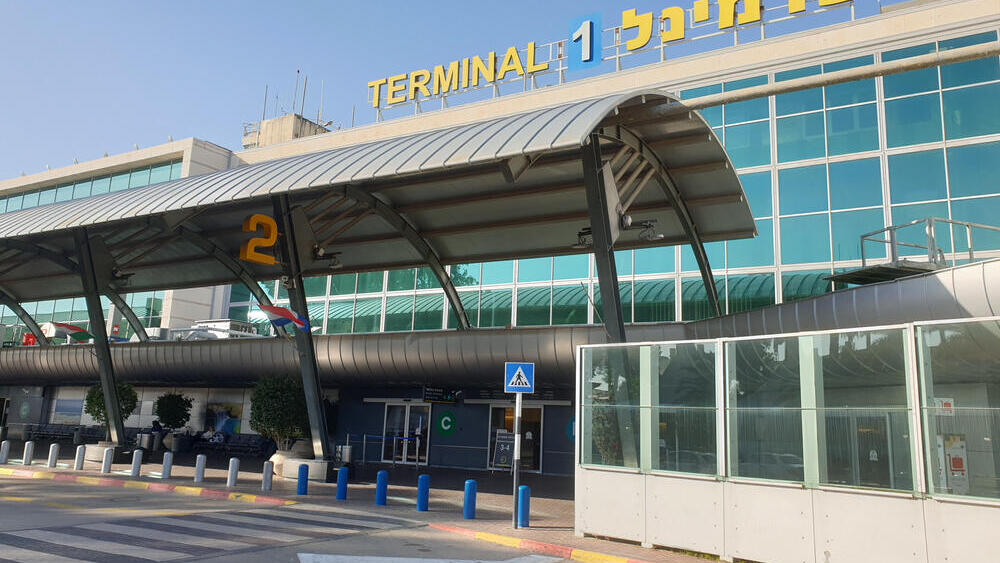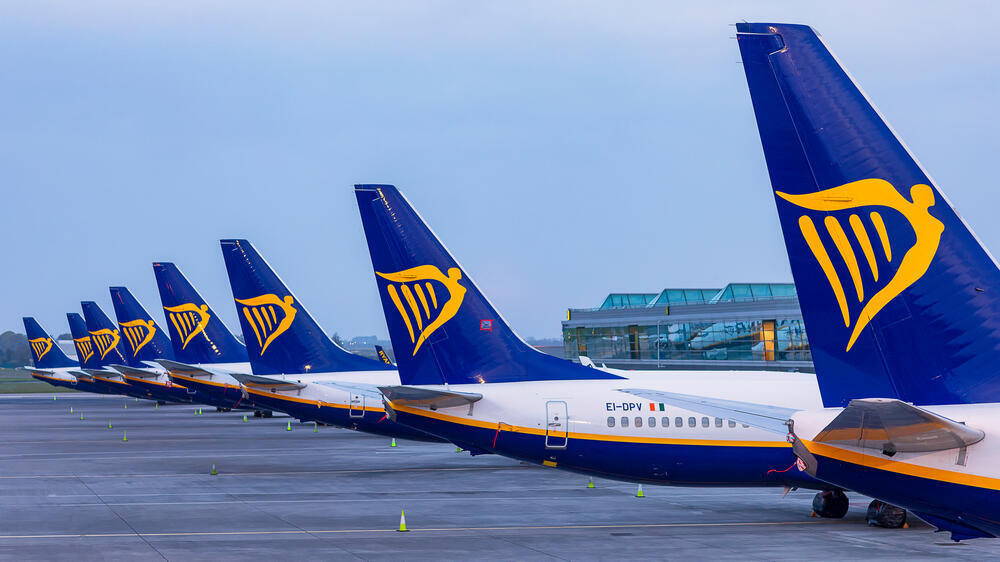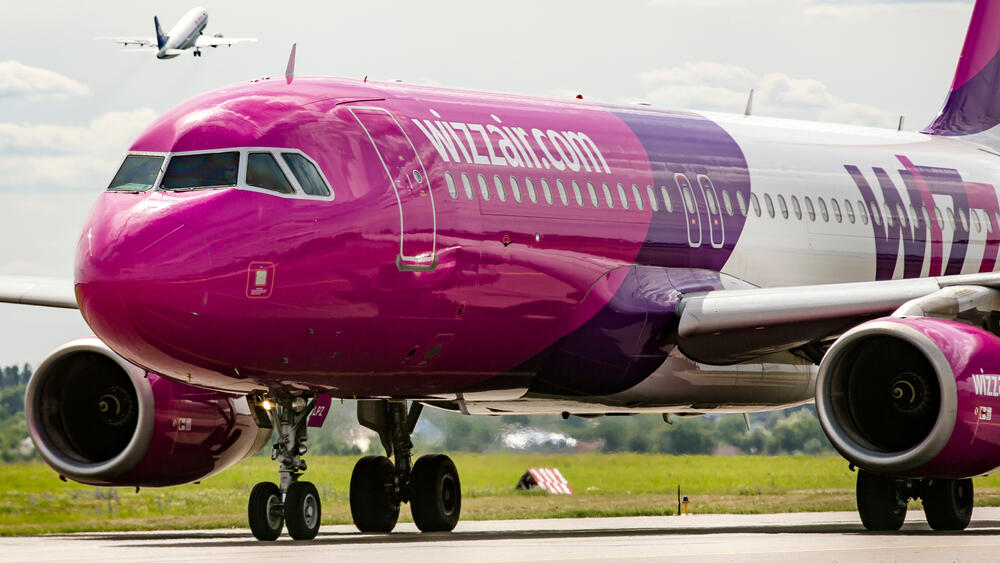The Irish low-cost giant Ryanair announced last week the cancellation of its flights to Israel and justified its decision with the fact that Terminal 1, which is intended for low-cost flights and was closed shortly after the outbreak of the war against Hamas in Gaza, has not yet reopened, requiring it to pay higher port taxes in Terminal 3.
More stories:
A few days later the Hungarian low-cost company, Wizz Air, announced that it would return to operating in Israel next month, but would pass on to its passengers the extra cost of operating out of Terminal 3.
3 View gallery


Terminal 1 at Ben Gurion Airport has been closed since the start of the Gaza war
(Photo: Shutterstock.com / Roman Yanushevsky)
The Transportation Ministry has become aware of the alarming trend and is trying to compensate the foreign airline in a bid to keep ticket prices down.
Moshe Ben Zaken, director-general of the ministry, met on Thursday with the acting director general of the Airports Authority, Amnon Cohen, to promote a move under which the low-cost companies that operated in Terminal 1 before the war will pay the discounted rate even though they operate or will operate out of Terminal 3.
This move, which was made under the direction of Transportation Minister Miri Regev, has not yet been given final approval and therefore has not yet come into effect, and it is not clear when and if it will be approved.
The ministry said in a statement that: "Minister of Transportation and Road Safety Miri Regev is promoting a procedure for a temporary order for the war period, which will be submitted for the approval of the Economic Committee, in order to adjust the fee for companies flying through Terminal 1."
Airlines that take off from Terminal 3, pay a tax of about $30 per person, compared to a tax of about $11 per person flying from Terminal 1.
According to senior officials in the aviation industry, at this stage, there is no prospect of a reopening of Terminal 1, both due to the low passenger numbers (about 40% compared to the pre-war days) and because of personnel problems.
3 View gallery


Ryanair canceled its flights to Israel since Terminal 1 remains closed
(Photo: Peter Krocka / Shutterstock.com)
Shirley Cohen Orkaby, vice president of Eshet Tours, told Ynet that other companies may follow Ryanair's path and cancel their operations in Israel. "If Terminal 1 were opened, more low-cost companies would return, prices would drop and Israelis would not have to hesitate so much whether to buy a plane ticket or not," said Cohen Orkaby.
"Perhaps it is also time to update policy on the subject; the demand is increasing every day, Israelis are going on vacations for relaxation and there is also a need for business trips. We are not at the point where we were a month or two ago and updating policy is a necessary thing. In these and other issues, Israel can create a situation that will change the momentum that the aviation crisis it has fallen into, but these depend on determined action, persistence and creativity, which are currently absent or not sufficiently present in government policy," she added.
"It should also be remembered that we are not at the peak of the tourist season, but the aviation industry works for the long term. If the Israeli government does not come to its senses now and act for a significant return of the foreign airlines in the near future, they may allocate their planes to other regions of the world. In the coming year, the supply of flights will decrease significantly; the question is to what extent. Without a significant and immediate initiative by the government ministries in the field, Passover and the summer of 2024 may be the most expensive in Israel's aviation history, and the Israelis will pay the price."
Yossi Patael, CEO of the Israel Inbound Tourism Organizers Bureau, told Ynet on Sunday morning that "the Ministry of Transportation's order to lower the port taxes in Terminal 3 is a welcome move because it is self-evident, it is not enough. Despite everything, out of 60 foreign airlines, only 15 are flying to Israel. The isolation of Israel from the global aviation network is another unfortunate achievement of Hamas, which requires more vigorous actions. We need to incentivize the arrival of companies here, as our neighbors Jordan and Egypt are doing, which were also affected by the war, and take care of the insurance of tourists and foreign airlines.
"The air blockade that was imposed on us constitutes image, strategic and economic damage because incoming tourism is a major engine for employment and tens of thousands of businesses in the periphery depend on it. Preserving Israel's main entrance gate should have been a top priority, and we must break through this blockade as soon as possible."
Asaf Daniel, CEO of the travel website Daka90, also warned in a conversation with Ynet about a scenario in which more companies will cancel their flights to Israel, saying that "in this critical period, when airlines announce a return, cancel a return and postpone the return, it is extremely important to avoid temptations in the form of a price that is a few dollars lower, and book with airlines that regularly operate flights from Tel Aviv." Daniel warned against booking flights on unfamiliar websites, or in cases where the flight number or airline code name is not clearly written.


